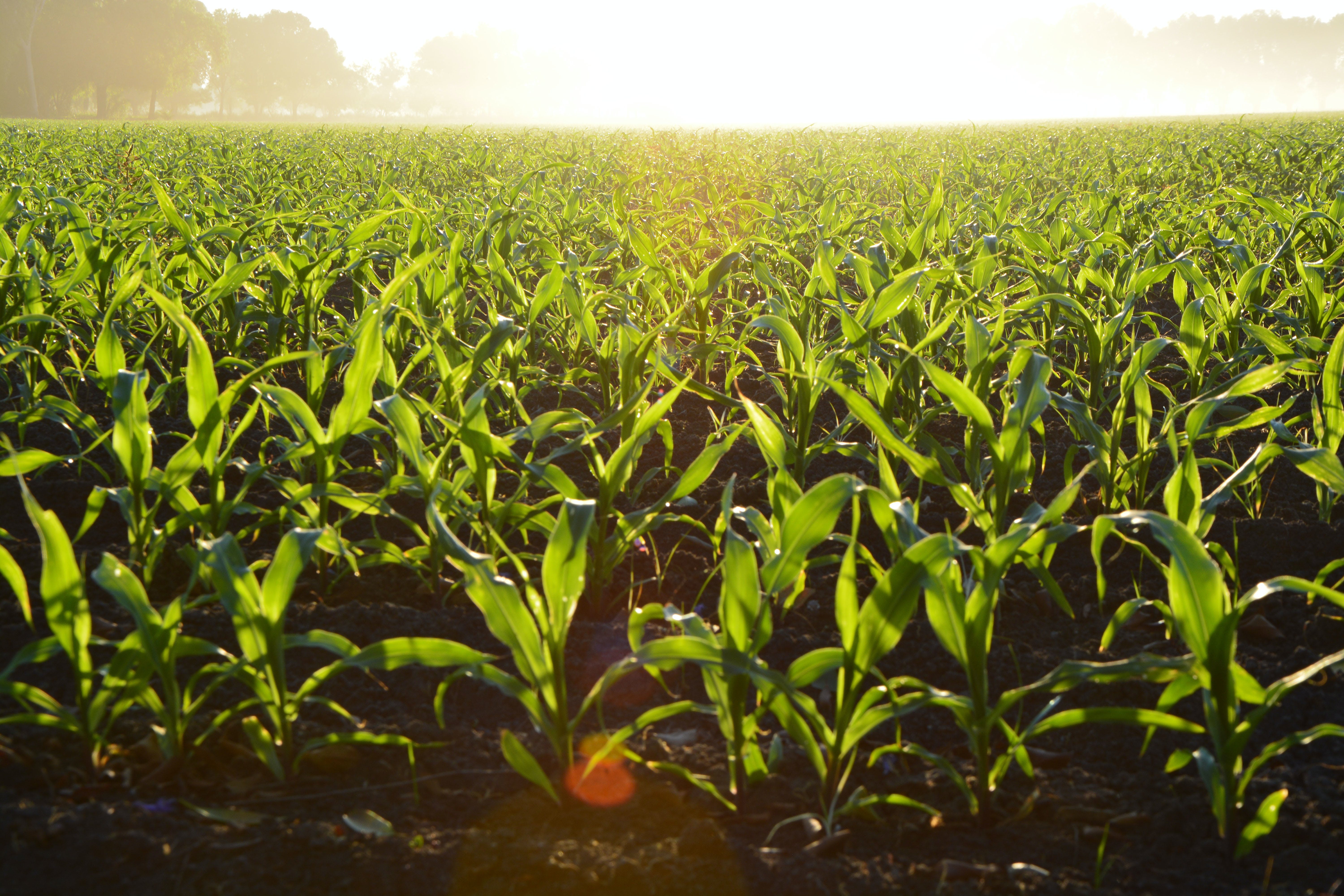A lot of us have become much more aware of the importance of water, as news of shortages becomes more and more common with each passing year. Though many may not believe we’re at any risk of losing our own water supply any time soon, agriculture is a major source of water use, so farmers, whether they’re operating a business or living rurally, ought to be some of the first to implement water-saving measures. Here, we’re going to look at a few strategies to do just that.

Make more use of mulch
Mulching is one of the absolute best things you can do for any crops or produce that is not overly tall, offering protection from sun, air, and water, so that your soil can keep its quality. Mulching also helps the soil retain more of its natural moisture so that you do not have to water the ground as often.
Catching and storing rainwater
First of all, make better use of the water that you get naturally. Rainfall is good for the crops, as is (unless there’s too much of it), but it could do extra good if you’re able to keep it and reuse it in the future. A rain catchment system, combined with agricultural water tanks can see you making good use of naturally occurring water supply. This way you don’t have to rely on your plumbing as often.
Use more efficient irrigation systems
Irrigating your soil is a vital part of ensuring the healthy growth of any crop. However, if you’re using spray irrigation systems, which are still common, not only are you likely using more water than you need to, but more that water is going to evaporate before it has the chance to do any good at all. Drip irrigation systems ensure the water is delivered right to the plant’s roots, so you don’t need to use as much, and you make better use of what you do use.
Fix drips and leaks ASAP
Aside from making better use of the water that you are using, intentionally, you should also aim to keep a lid on unintentional water use, as well. Aside from making sure that you and your staff turn off any water sources after you’re done using them, the best way to do this is to fix any leaks or drips as soon as possible. Protecting your pipes against the cold by insulating them to prevent burst pipes and all the water they waste, too.
Farming with less water
There are two approaches to farming while using as little water as possible. The first is to grow drought-tolerant crops, such as olives, some cucumbers, and certain kinds of beans. The other is to try the practice known as dry farming, which usings specific tilting practices and other techniques to ensure that the soil retains more moisture, even when it’s not regularly watered.
If you’re a farmer who is considering their water usage, then start taking advantage of the technologies and methods mentioned above. You could end up doing a lot of good.

